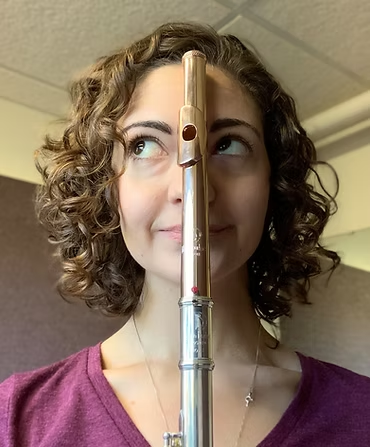Originally posted on Tonara
With online lessons now the norm, it is important to show parents that you are able to continue teaching their children over a virtual setting. That being said, students that are already rowdy during in-person lessons are likely a nightmare to teach online! Here are some tips to manage overactive kids in your virtual sessions.
Break up the lesson activities
Just as with very young children, rowdy students have a very little attention span. Rather than working on a piece for 10 minutes straight, start with warm-up exercises that incorporate elements of the piece ahead of time. Change the activity every 3-5 minutes to keep them engaged, such as playing one hand at a time, clapping the rhythm, singing and playing, etc. Also, change the format of each lesson between weeks to keep them on their toes.
Try to incorporate their rowdiness into the lesson by using their activities in a music-related manner. For example, if they refuse to listen and just smash their hands over the keys, perhaps ask them to smash at different dynamics to teach variety in sound levels, then have them play the passage copying those dynamics. Or make the smashing into a rhythmic exercise and incorporate counting.
Ask the Parent to Sit-In

It helps tremendously to have parents sit in on the lesson, especially for young beginner children. Not only is it easier to have them help communicate concepts and watch for hand positions and other basics, but the parents can also do the yelling or scolding more readily than you. Additionally, if a parent sees how rowdy their kids are, perhaps they would be more willing to have a talk with their child after the lesson. In the end, if you stop teaching the student due to their rowdiness, the parent would be more understanding of the situation.
Make Multiple Small Goals Throughout the Lesson
Rather than aim to have the entire piece learned in the lesson, for example, first have them achieve something small and simple like playing the right hand with the correct notes in the first few measures. Or clapping the rhythm of the right hand correctly. Or hands together one measure at a time (for pianists). Small goals keep the student moving forward by making it seem easily achievable and more rewarding.

Achieving small goals at a time also makes students more willing to put up with your requests. Just as we like seeing tasks checked off our To-Do list, students like hitting goal marks and feel like they accomplish something, even if it is small in our eyes.
Assign Pieces that They Want to Play as an Incentive
Ever bribe children with stickers and candy? Unfortunately, we cannot give stickers and candy over Zoom, but perhaps bribing students with pieces they are extremely interested to play would make them more willing to play pieces you want them to play.
Similarly speaking, allowing them a moment of rowdiness is acceptable if you can follow it with a moment of focused learning. Children often require a long coaxing just to do a 5-second activity, and rowdy children are the same. Giving them permission to be rowdy may make them more willing to focus for a given time.
Give Them a Talk
In the end, a serious, face-to-face talk will usually catch the student’s attention. Do not sugarcoat the issue. Tell them how rude and disrespectful they are, and that you and their parents only trying to help them by giving them an opportunity to learn music. Tell them that they are wasting time and money by acting immature and inappropriately and that you are disappointed. Ask them if they like people who are rude and disrespectful, or like it when other students or teachers yell and shout at them? Do they like it when no one listens to them speak or pays them no attention?
We are mentors, after all, and even if they do not listen at this moment, one day they will understand and appreciate your efforts. But if we let them slide by and waste our time with their rowdiness, we are not taking our responsibilities as teachers fully enough.
Take Away
Who knows what goes on in these children's heads! But I have often met adult students who reminisce on their youth and regret their wasted opportunity of learning music. So even if a student is hard to handle at this moment, we must hope that one day in the future, they will change their outlook on music and look back in appreciation of what you did to help them. Even if they end up stopping music or learning little, they may have the urge later in life to return to this moment and give music a second chance.


.png)






.svg)
.svg)
